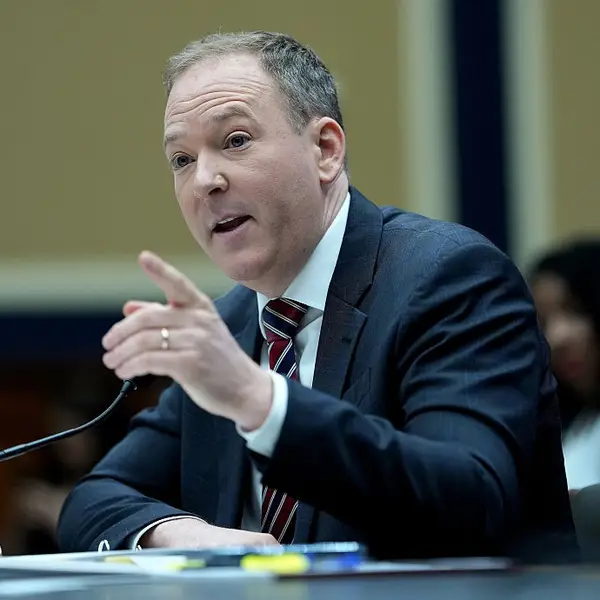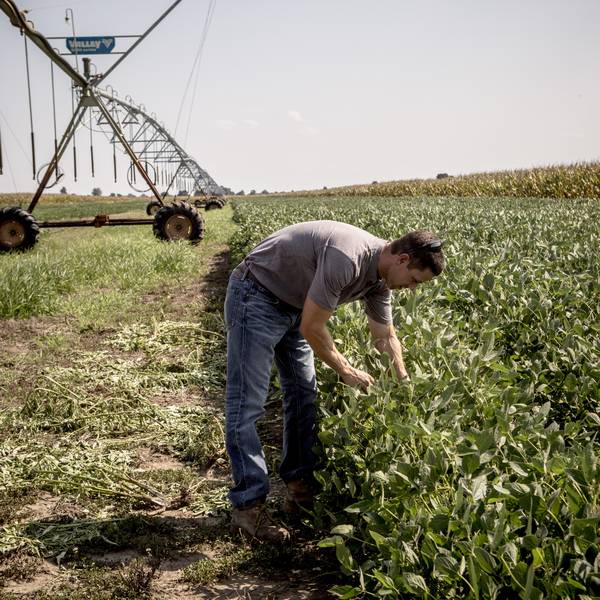The United States Department of Agriculture on Thursday approved Monsanto's controversial herbicide-resistant genetically modified strains of soybean and cotton, in a move that critics say is a bow to the powerful biotechnology industry, at the expense of human and environmental health.
The green-light is "simply the latest example of USDA's allegiance to the biotechnology industry and dependence upon chemical solutions," Food & Water Watch Executive Director Wenonah Hauter declared in a press statement. "This continues the disturbing trend of more herbicide-tolerant crop approvals taking place under President Obama's watch."
Dr. Marcia Ishii-Eiteman of the Pesticide Action Network echoed Hauter's concerns, calling the new genetically modified crops "the latest in a slew of bad ideas" and a sign of the USDA's "allegiance to the largest pesticide corporations."
The U.S. Department of Agriculture's Animal and Plant Health Inspection Service (APHIS) on Thursday granted "nonregulated status for Monsanto Company's (Monsanto) soybeans and cotton that are resistant to certain herbicides, including one known as dicamba." The biotechnology giant still awaits the Environmental Protection Agency's approval of the new herbicide, which contains both dicamba and glyphosate, designed to accompany the resistant strain.
But food and environmental safety advocates warn that the corresponding increase in herbicide use is dangerous to the ecosystem. As the Center for Food Safety points out, dicamba has been linked in epidemiology studies to "increased rates of cancer in farmers and birth defects in their male offspring." First approved in 1967, dicamba seeps through the environment, causing damage to crops and flowering plants and polluting waterways.
Furthermore, herbicides give rise to resistant weeds, leading the development of new herbicides, accompanied by resistant genetically engineered crop strains. Critics charge that, rather that embark on an endless cycle of pumping chemicals and genetically modified crops into the environment, fostering a "pesticide treadmill," regulators should take the long-term well-being of the ecosystem into account and change the status quo.
The USDA's green-light follows the Environmental Protection Agency's approval in October of Dow AgroSciences' herbicide Enlist Duo, which farmers and scientists warn threatens human and environmental health.
"Monsanto's genetically-engineered dicamba-resistant crops are yet another example of how pesticide firms are taking agriculture back to the dark days of heavy, indiscriminate use of hazardous pesticides, seriously endangering human health and the environment," said Andrew Kimbrell, executive director of Center for Food Safety.



